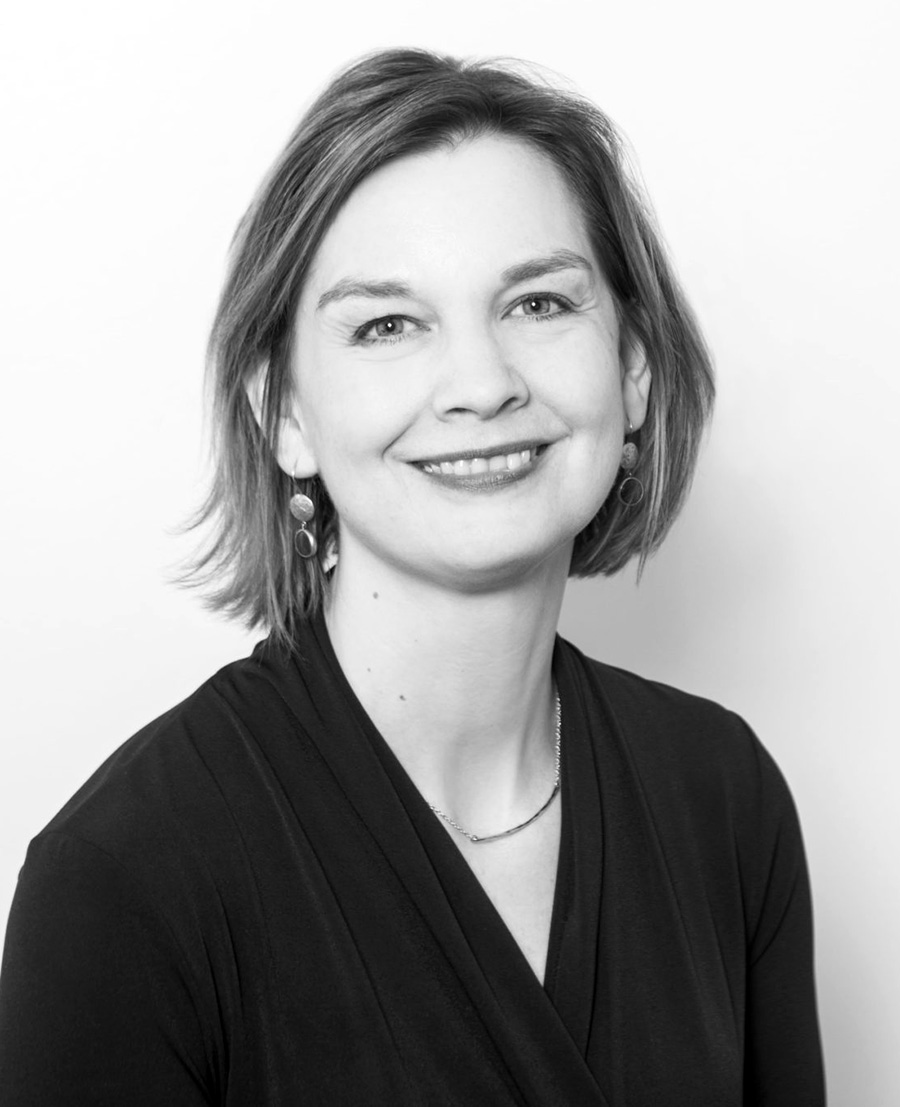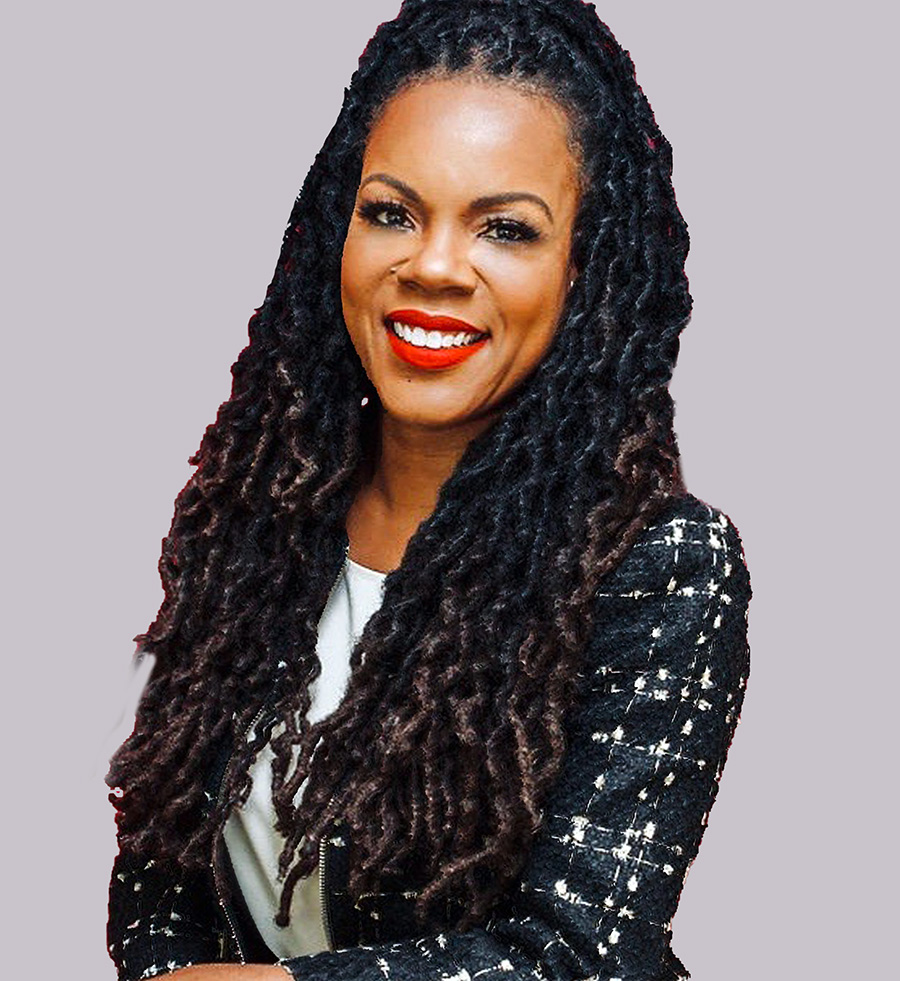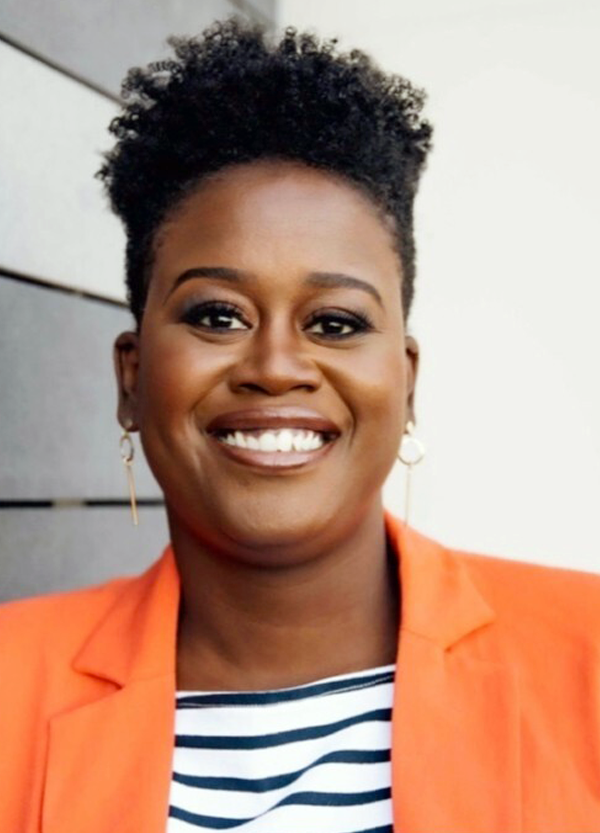Black Women’s Equal Pay Day Again Highlights The Racial & Gender Wage Gap
Wednesday (September 21) marks this year’s Black Women’s Equal Pay Day, which has once again highlighted the racial and gender wage gap.
From the beginning of last year (2021), it took Black women until Wednesday to earn as much as a non-Hispanic white man did in 2021 alone.
Black Women’s Equal Pay Day is calculated based on the size of the wage gap between the two demographics.
The National Women’s Law Center (NWLC) reports that Black women made 64 cents for every dollar non-Hispanic white men earned.

Emily Martin, the vice president of education and workplace justice at the NWLC, said Black women lose “life-changing” amounts of money over the course of their careers due to the wage gap, per Insider.
For Black women, “race and sex come together and close down opportunities” in the workforce, Martin said, noting that “antiquated pay-setting practices” are also to blame for the gap.
According to NWLC’s analysis of full-time, year-round workers, Black women lose over $20,000 a year relative to non-Hispanic white men and $900,000 over a 40-year career.

The money lost due to the pay gap affects a Black woman’s ability to build wealth, save for the future, and ride out economic storms like the pandemic, according to C. Nicole Mason, the president and chief executive officer of the Institute for Women’s Policy Research.

Lauren Hoffman with the Women’s Initiative at The Center for American Progress told Insider that raising the minimum wage could help combat the pay gap. Pay transparency measures could aid in closing the gap as well as paid family and medical leave, better accommodations for pregnant workers, and wider access to affordable, quality childcare, Hoffman said.

“I think from a racial equity perspective, there’s a lot of work that needs to be done around the racial wealth gap because what we’re trying to juggle basically is past harms and bad policies and generations of these historic bad policies, and then also trying to answer the call of people and their needs for today,” said Edwith Theogene, senior director of racial equity and justice at the Center for American Progress.
Courtesy of Black Information Network


